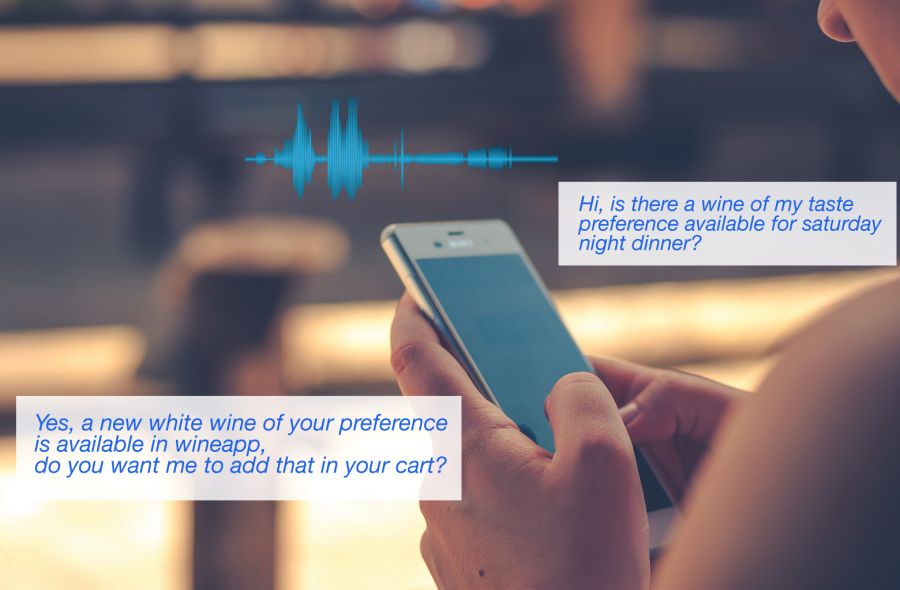May, 2024
San Francisco, USA

If you have not bought yourself a voice assistant for your home then you probably should do. Particularly if you want to keep on top of what is predicted to be the fastest growing and potentially most revolutionary of all the new consumer and business disruptive technologies. Voice search is already transforming the way we live in our daily lives and is predicted to account for the majority of online searches we make within
The numbers take some believing, but if you have yet to be convinced that voice assistants and search is here to stay then look away now.
Voice search has only really been with us since 2015 and the launch of the likes of Alexa from Amazon or Google Home. But by the end of 2015 voice search was already accounting for 10% of all searches globally. Some 50 billion.
Four years on and it is estimated that nearly half of adults use voice search at least once a day, and that last year 30% of all searches were done by voice (Gartner). By the end of next year, the voice will be responsible for 50% of all searches (ComScore).
As with the smartphone, it is the effectiveness and ease of use of the hardware involved that is transforming the way we behave. If you don’t own a voice assistant yet, chances are you will soon as technology experts, Gartner, predict 75% of US households will have a voice device by 2020, compared to only 7% in 2018.
It’s not just dedicated speakers that we are using for voice search, but our smartphones, desktops (25% of Windows 10 tasks we have done by search in 2018) and our TVs. Can’t be bothered looking up the Game of Thrones boxset, just press a button on your TV remote and, hey presto, it will come up for you.
All of which is going to play increasing havoc on how brands and retailers convince us to buy their products. Up to now, they have been able to rely on major above the line advertising campaigns to convince us to part with our hard earned cash. Or in the advent of e-commerce and online spending use personally targeted mailers and messages on our social media platforms based on our data and behaviour online.
But where does that leave you with search? If you want to ask your voice assistant to order you a bottle of Rioja, Pinot Grigio or Zinfandel, which one is going to choose unless you specifically ask for a particular brand. Even then that voice assistant may not have that brand in their algorithms.
The chances are Alexa or Google Home, or whatever, will make that decision for you and go to the outlet that either you most use, or the one that might be paying the most to push any orders of that type to their business or brand. That’s not even mentioning the difficulties involved for wine brands with complicated names and hard to pronounce grape varieties.
Research from ComScore has found that in 61% of cases a voice assistant won’t ask if you want to order the product you had before or are looking for a specific brand (62%), but simply order it has been programmed to select.
It’s why Amazon is so keen to get into groceries and wine, for it knows its trusty Alexa will, given the chance to send orders through to Amazon as its go to setting.
Increasingly these voice assistant machines are going to know at least as much about ourselves as we do. They will know what our favorite supermarket is, which takeaway service we normally go to for pizza, Chinese or Indian and what we order when going there.
Consumer and drinks research house, IWSR, foresee a time in the near future when you might simply tell your Alexa that you have 10 friends coming over to watch the football and can it organize some drinks and food. It will be Alexa that will then place the orders for pizza, beers, and wine at your usual favorite retailers and restaurants.
The amount of data now being collected by voice assistants has only started to scratch the surface. News that Google is now set to enter the gaming world with its own online, Spotify-style platform, called Stadia that allows users to simply click and play opens up the data gathering to another level. Now it will be able to analyze how you react under pressure, what sort of personality you have and all the other decisions you make whilst playing any particular game.
Data and information it can then use to work out what you want before you even know how to ask for it.